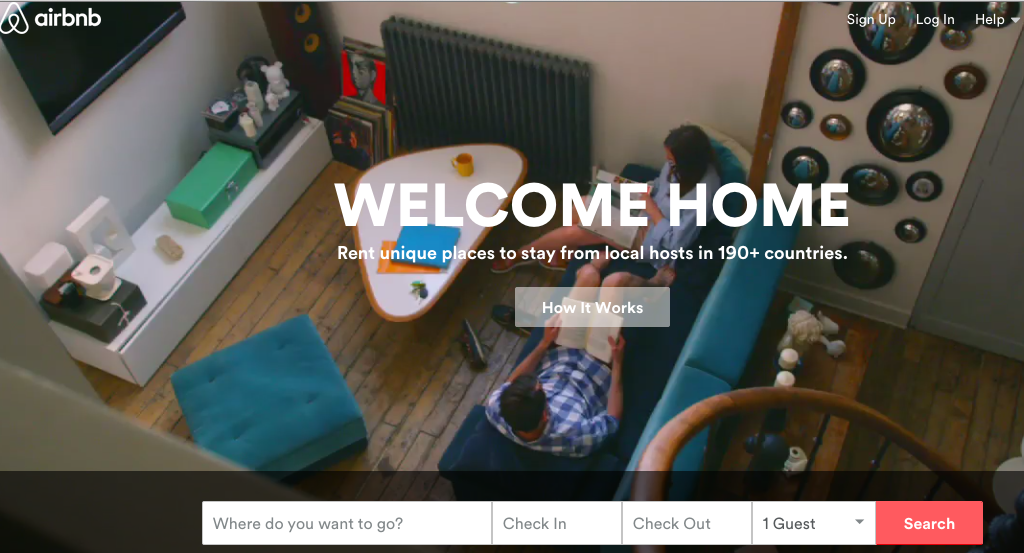
Nashville and other cities trying to curb the spread of short-term rentals owned by investors got a bit of a break Thursday.
The state Senate approved a measure that would let them ban non-owner occupied units. But there are some catches.
Existing short-term rentals would be grandfathered — even in cities, like Nashville, that have decided to ban or phase out investor-owned units. But that exemption would last only until the investor sells the unit or stops listing it on rental sites like Airbnb or VRBO.
The idea, says state Sen. John Stevens, R-Huntingdon, is local governments could still regulate and block short-term rentals. But people who bought properties planning to rent them out wouldn’t lose their investments.
“It wasn’t necessarily the bill that I wanted, but it does preserve property rights for individuals impacted by government action,” he says.
Stevens is the sponsor of
Senate Bill 1086/House Bill 1020, and he wanted to make it harder to shut down investor-owned units. He proposed a stronger grandfather clause that would’ve required cities and counties to treat properties that have been previously listed as short-term rentals the same way forever.
That would’ve locked in listings and given local governments few options to ever phase them out.
But Stevens’ proposal was defeated and replaced with a
less stringent idea from state Sen. Bo Watson, R-Hixon. It, too, lets investors continue to list their current holdings. But they wouldn’t be able to transfer them to other owners.
Senators spent months hammering out the complicated measure and another two hours in contentious debate on the Senate floor figuring out the details.
But it’s still not certain to become state law. The state House of Representatives wants to give local governments far less latitude to regulate short-term rentals.
House Republicans proposed blocking cities from barring or phasing out investor-owned units, so they could regulate the rentals but not keep them out of their communities altogether.


